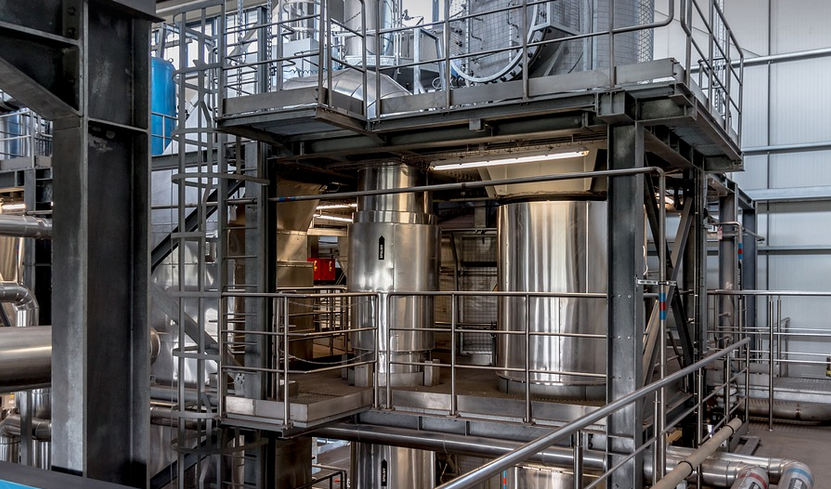Let’s Get Started
Getting ready for a science fair can feel overwhelming, but it doesn’t have to be. A solid research plan is your secret weapon to success. It sets you up for fun investigations and helps you present your findings with confidence. So, let’s dive into crafting your own effective science fair research plan—step-by-step!
Before we get started on the specifics of your project, it’s important to identify a broad scientific topic that truly fascinates you. This could be anything from understanding how plants grow to exploring the mysteries of the universe. It’s crucial that you choose something you are genuinely passionate about. That enthusiasm will fuel your research and make the whole process more enjoyable.
Once you have a general area, it’s time to narrow down your focus. What specific question within this broad topic do you want to explore? This is where brainstorming comes into play. You can jot down as many questions as you like regarding that particular scientific field. It’s okay if they seem silly or far-fetched; the aim here is to generate a wide range of possibilities.
After your initial brainstorming session, start building your research proposal. This should be a concise statement outlining your project’s core question and your plan for investigating it. Consider this your roadmap—a clear guide leading you from your question to its potential answer.
Project Ideas: A World of Possibilities
Here are some captivating science fair project ideas that spark curiosity, challenge assumptions, and inspire exploration:
* **The Power of Plants**: Does different light affect plant growth? * Explore the effects of sunlight, artificial lighting (LEDs vs. incandescent bulbs), or even just varying amounts of water on a specific type of plant. * Measure plant height, leaf size, and overall health to see how these factors influence plant growth. * **The Mystery of Mold**: Are there any environmental factors that increase mold growth in the kitchen? * Test several different environments (temperature, humidity, light) using common household items like bread or fruit. * Monitor for mold formation and measure its rate of growth under various conditions to observe which factors promote it. * **The Science of Sound**: Does the shape of an object impact sound waves? * Design an experiment comparing sound reflection from a smooth surface (like a metal plate) against a rough one (like sandpaper). * Measure the volume and frequency of sounds produced by tapping or striking different objects to see if there’s any correlation with the shape. * **The Age-old Debate**: How do plants respond to music? * Test how specific musical genres, tempo, or sound frequencies affect plant growth (e.g., classical vs. rock). * Explore whether certain types of instruments or rhythms have a positive influence on the way plants develop and thrive. * **The Impact of Pollution**: How does air pollution affect plant growth? * Design an experiment to test if air pollution affects the growth of specific plants in controlled environments. * Monitor the growth rate and health of plants exposed to different levels of simulated air pollution (e.g., using a mixture of dust and smoke from a burning object) compared to control groups without any pollution exposure. * **The Science of Sleep**: Does sleep deprivation affect memory? * Design a study where participants are monitored for sleep duration, test their memory recall capabilities (using tasks like recalling lists or stories), and observe the effects on their overall learning and performance.
Plan It Out: Your Research Journey
Creating a detailed research plan is essential for navigating this exciting scientific adventure. A solid plan keeps you organized, prevents procrastination, and ensures your project stays focused.
* **Define Your Question:** What specific question will guide your project? * **Research the Basics:** Dive into existing knowledge about your chosen topic. * **Formulate Hypotheses:** This is where your guesswork comes in. Is there an answer you think you’ll find? Write down what you believe your experiment will prove or disprove. * **Develop Procedures:** How exactly will you conduct the experiments to test your hypotheses? Create a step-by-step guide to ensure a smooth process and reliable data collection.
A Note on Ethics in Science:
As with any scientific endeavor, it’s crucial to be ethical. Your project should never cause harm to yourself or others. Ensure you have parental/guardian approval before starting your experiment to ensure responsible conduct.
**The magic of science lies in observation, experimentation and discovery! Don’t forget to document your findings throughout the process. This will allow you to revisit your work, gain valuable insights, and present a well-rounded report at the science fair.**


